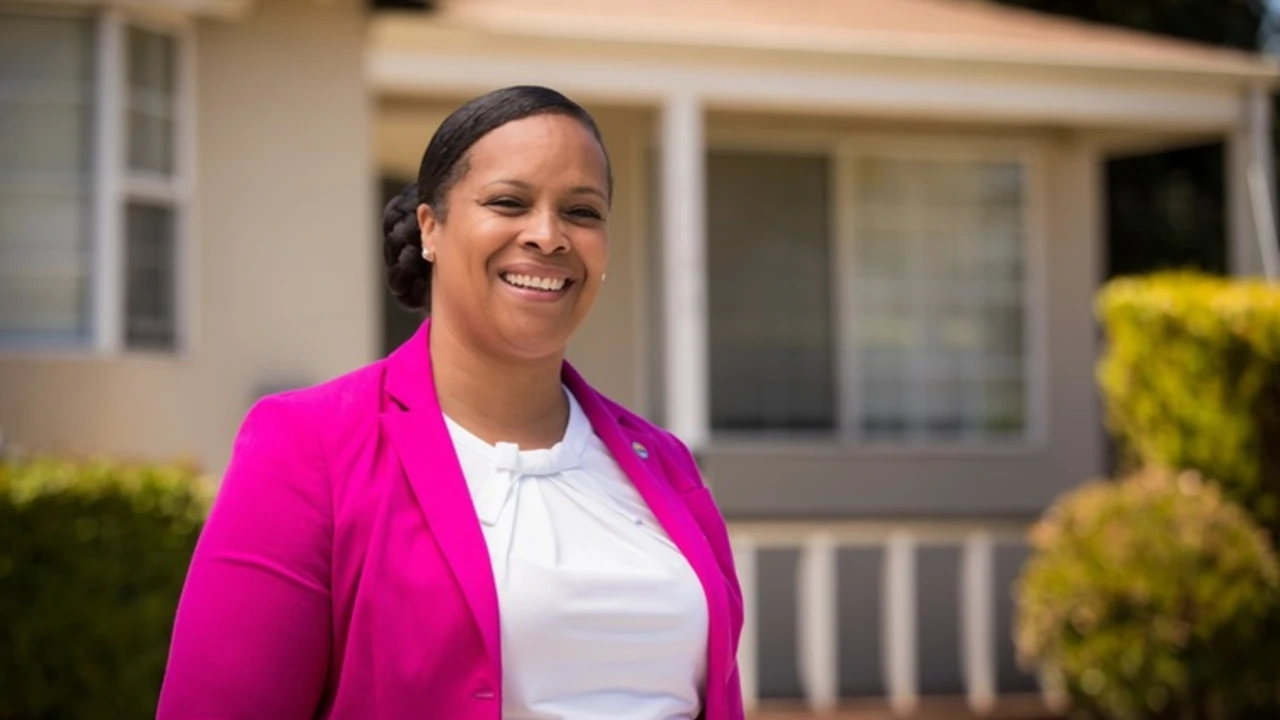
The engineers of the plan Long Island's Suffolk County Off-Track Betting Corp. used to exit Chapter 9 with a 100% return to creditors say it could be a model for other municipal reorganizations.
In addition to repaying creditors in full, the $100 million bankruptcy debt-adjustment plan approved on Oct. 31 also brings a new casino operation to the region, which backers say will add many new jobs while also establishing a new revenue stream.
The four-year long case was the first Chapter 9 reorganization approved in New York and includes the development of a new electronic slot machine casino slated to open in Medford late next year that is expected to maintain many employees who worked previously at Suffolk OTB betting parlors, along with creating additional gambling-related jobs.
Managers of the Suffolk OTB cited local economic problems and a lessening interest in horse racing as causes for their financial woes.
In addition to making plans for a casino, the county OTB, a public-benefit organization, shuttered half of its traditional betting parlors in favor of internet wagering and off-site betting machines in neighborhood bars. The legislation authorizing the Suffolk OTB to file for Chapter 9 also allowed it to use restricted capital funds for operations, reflecting its reduced capital needs after it downsized its betting parlor operations.
The roughly $21 million in legacy debt still owed to creditors after the bankruptcy is expected to be paid through casino profits, with the rest flowing into Suffolk County's coffers.
"I think our plan is a model," said Chris Graham, a partner in the New York law firm McKenna Long & Aldridge that spearheaded Suffolk County OTB's Chapter 9 process. "It's a win-win for everyone."
Delaware North Companies Gaming & Entertainment, which will manage the new casino, is providing Suffolk OTB a $65 million loan as part of the Chapter 9 bankruptcy plan. Suffolk OTB also has a second line of credit worth $11.4 million, according to Graham.
"As has been shown in other recent Chapter 9 cases, municipal reorganizations can be especially challenging given the divergent perspectives of the public and private stakeholders involved," said James McManmon, general counsel of Suffolk OTB. "That makes the outcome of our plan for Suffolk OTB especially gratifying, given the full return to creditors generated by the new gaming facility that will also bring added jobs and a welcome entertainment destination to Suffolk County."
Municipal Chapter 9 cases are a rare breed with only 660 since 1937, according to James Spiotto, managing director at Chapman Strategic Advisors LLC in Chicago. Spiotto said having a 100% creditors' return is also rare, but added that a gambling operation like Suffolk OTB is far different than a traditional municipality like a city or water district since it isn't an "essential service" and future revenue can be dictated more easily.
"It's a unique enterprise," said Spiotto of New York's publicly owned OTBs. "Municipal reorganizations are not as easy for towns, cities and villages because of the dynamic of services they provide."
"It's hard to compare an OTB to a city that has all those essential services," said Al Medioli, senior credit officer at Moody's Investors Service. "It's a different animal."
A major reason municipal bankruptcy filings are so rare is high burdens placed on the local governments to successfully petition courts for relief. Only 28 states allow municipalities to file for bankruptcy and seven require that the Chapter 9 filing first be signed off by a third party such as a governor or commission, according to Moody's. Legislation proposed by Michigan Democrat Rep. John Conyers would raise the bar of eligibility for municipalities to apply for Chapter 9 bankruptcy relief.
While bondholders lost at the expense of other creditors in recent Chapter 9 bankruptcies in Stockton, Calif. and Detroit, for example, that's not always the case; in Central Falls, R.I. bondholders remained whole while pensions were cut.
The average ultimate recovery for municipal bonds that defaulted between 1970 and 2013 was about 64% with only six instances of a 100% recovery in that period, according to data from Moody's.
When Suffolk OTB originally filed under Chapter 9 on March 18, 2011, it listed its largest creditors as the New York Racing Association Inc., the New York State and Local Retirement System, and Yonkers Raceway.
Chief Judge Carla Craig of the U.S. Bankruptcy Court for the Eastern District of New York initially dismissed the Chapter 9 petition because the agency was authorized to file by the Suffolk County Legislature rather than New York State.
The New York Legislature and Gov. Andrew Cuomo then authorized Suffolk OTB's Chapter 9 refilling on March 30, 2012, which paved the way for it to implement a new business model that Judge Craig approved this past fall.
"When the judge threw out the first case things looked very bleak," said Graham. "We had to scramble but were able to get the state to authorize a new filing."
Anthony Figliola, vice president of Uniondale, N.Y-based consulting firm Empire Government Strategies, called Suffolk OTB's plan "creative" because it convinced creditors to look at the future and a projected windfall from video lottery terminals. However, Figliola cautions that casino revenues often don't meet projections over the long-term.
"A short term revenue shot will most likely happen, but in the end casinos in this state like in others will fail to generate the revenues promised or hoped for," said Figliola, a former deputy supervisor for the Town of Brookhaven, which is New York's second largest municipality. "Just look at the dwindling slot revenues at Connecticut's Foxwoods and Mohegan Sun."
Graham praised creditors and Delaware North for their efforts during the Chapter 9 process and emphasized the importance of having strong partners to achieve the success Suffolk OTB accomplished.
"We had a very supportive group of creditors and we had a very good partner in Delaware North," said Graham. "That gave us a lot of credibility to negotiate our plan with creditors."





